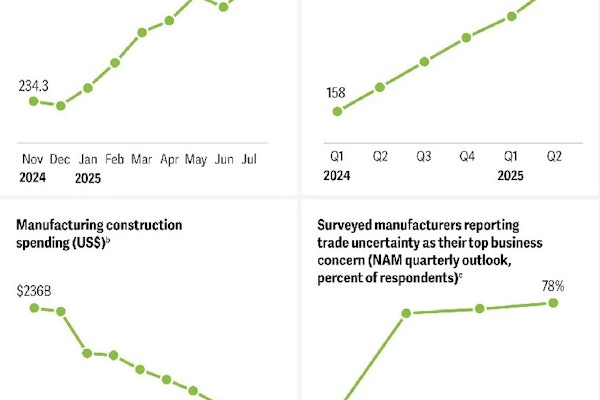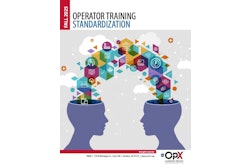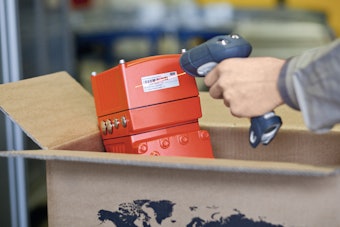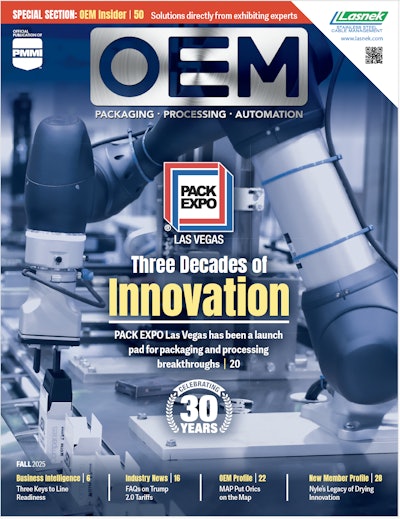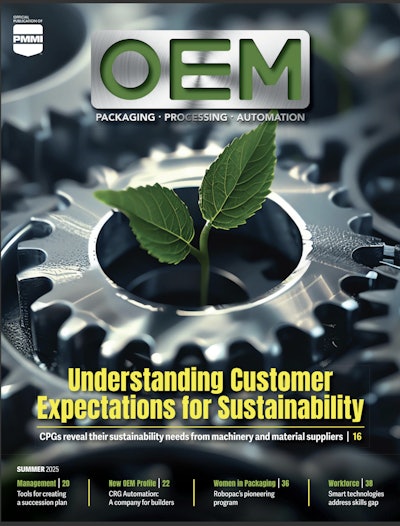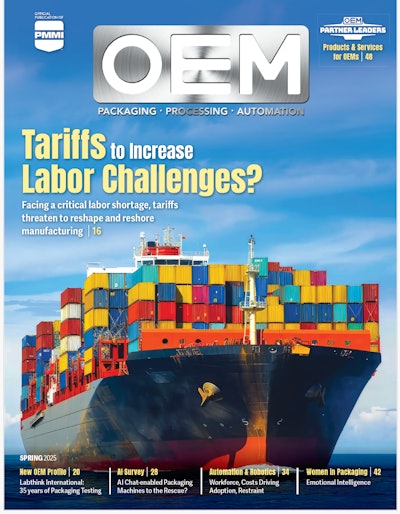
Standards provide OEMs a common ground for best practices related to machine safety and functionality. Yet, to effectively follow best practices, manufacturers must be in touch with the standards in their geographic location of business.
That’s according to PMMI Business Intelligence’s “The Impact of Global and Local Standards on OEMs & Suppliers,” a white paper that discusses why standards are important to machinery builders, what core standards are relevant to packaging and processing, how to determine what standard(s) to follow, and what is currently happening with standards. The report also includes a list of links to standards, documents, and resources that PMMI offers to its members.
Attention to standards is essential to doing business in a specific region, the Business Intelligence team notes. For example, machinery intended for the European Economic Area must conform to the applicable EU regulations, particularly those related to CE Marking requirements. European Standards, or European Norms, which carry an EN designation, may also apply.





